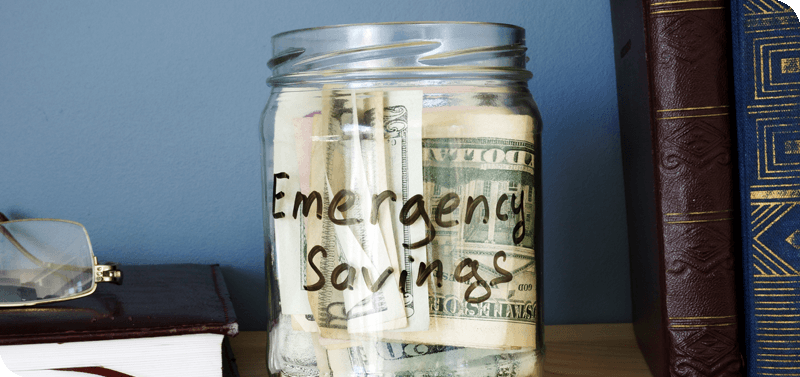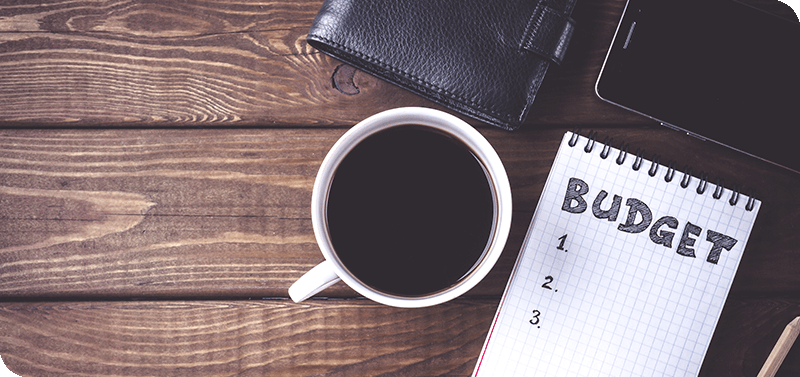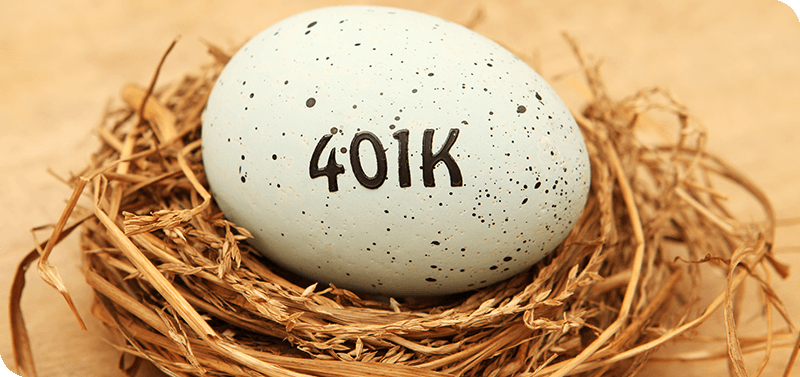Money doesn’t buy happiness, but the relationship between large amounts of unsecured debt and your mental and physical health is real. When psychologists reviewed a number of studies examining the link between personal finances and overall well-being, they couldn’t deny the connection. While researchers caution consumers from concluding that one directly causes another, it appears that the more debt you’re in, the worse your health will likely be.
If you only make minimum monthly payments towards your high-interest credit cards, it might be hard to imagine ever receiving an account statement that reflects a zero balance. But, this is not only possible, but necessary if you want to take control of your financial future. Whether you decide to pay off your debts by earning more income, consolidating your debts into a low-interest rate loan, or both, debt relief can result in positive changes for you and your household.
So, what might your life look like if you paid off your high-interest debt? Here’s a sneak peek.
When you’re not spending your income on high-interest debt payments, you’ll be in a better position to prepare for your financial future. This could mean fully funding a six-month emergency fund, regularly contributing to an Individual Retirement Account, stashing money away in a Special Savings Account for a Caribbean cruise, or contributing to an Educational Savings Account to help pay for your child’s college tuition and educational expenses.
When you pay off your high-interest debt, you’ll have wiggle room in your monthly budget. Depending on the amount of monthly debt payments, your household might experience a significant increase in income. For example, if your debt payments total $1000, it could mean an extra $12,000 a year to your household.
Without a heavy debt burden, you’ll have money in your budget to make purchases you can afford based on your income and household expenses. Ultimately, your income will determine if you’re able to make the purchase outright without going into further debt. If you can’t pay cash, set aside money for special purchases. This will allow you to enjoy spending again without the residual guilt associated with making purchases that put you further into debt.
The worry and extra stress caused by juggling your debts can finally disappear. No longer will you have to wonder if you’ll be able to make your rent payment this month because your cash flow increases when you pay off your debts. The anxiety or fear associated with paying your bills is likely to disappear.
Working extra hours, taking a second job or starting a side hustle are great ways to earn more money to pay off your debt quickly. But, once your debts are paid off, you can use the time spent working on things you enjoy. Going to the movies, spending more time with friends and family, or just having time to binge watch your favorite TV show will be a welcome change.
Are you ready to take charge of your financial situation? Pay off your debt faster by consolidating your high-interest credit card debt, loans, and other bills into a low-interest rate loan. Use our debt relief calculator to discover how much you can save and become debt free sooner. Or, contact a Members Service Specialist today to see how much you could save when you refinance to us!



3 Min Read
One of the most effective tools for preventing a large-scale financial disaster is an emergency fund…
Learn about Emergency Funds7 Min Read
The 50/30/20 rule is a simple, practical rule of thumb for individuals who want a budget that is easy, yet effective, to implement…
How to Set Your New Budget3 Min Read
Even if you’re just starting your first real job—actually, especially if you’re just starting your first real job—it’s time to start thinking about retiring…
How to Plan for RetirementPrince George's Community Federal Credit Union does not provide, and is not responsible for, the product, service, or overall website content available at a 3rd party site. We do not endorse the information, content, presentation, or accuracy nor makes any warranty, express or implied, regarding any external site. Our privacy policies do not apply to linked websites.
You should consult the privacy disclosures on any linked site for further information. Thank you for visiting our website.
To help the government fight the funding of terrorism and money laundering activities, federal law requires all financial institutions to obtain, verify, and record information that identifies each person who opens an account. What this means for you: when you open an account, we will ask for your name, address, date of birth, and other information that will allow us to identify you. We may also ask to see your driver's license or other identifying documents.